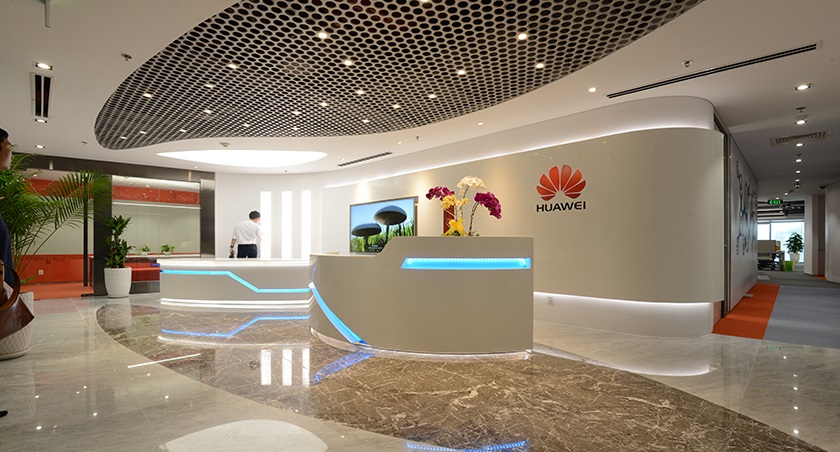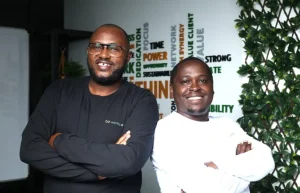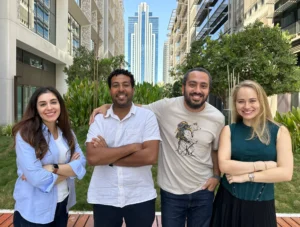Key Developments
Huawei to Launch Smart Village in Uganda to Boost Rural Digital Transformation

Ugandan President Yoweri Kaguta Museveni met with representatives from the global communications technology company to discuss the plans.
The focus of the meeting was a proposal from Huawei to establish a prototype digital village within Uganda.
This model village would serve as a showcase for the potential of digital infrastructure in rural areas.
It would be equipped with a network tower station, a solar power station using Huawei’s innovative digital micro-grid technology, and a suite of smart classroom equipment.
The project aligns perfectly with Uganda’s Parish Development Model (PDM), a community-driven development initiative.
Huawei’s contribution would be at no cost to the Ugandan government and would encompass smart classrooms, remote healthcare facilities, and installations utilizing smart photovoltaic cells for sustainable power generation.
A key component of the initiative would be the establishment of a remote diagnosis system. This system would connect village health centers with regional and national hospitals, significantly improving access to healthcare for rural residents.
Huawei’s vision for this smart village project is to demonstrate the transformative power of digital infrastructure in rural communities.
Through the provision of advanced technology, clear information, and user-friendly tools, they aim to address the challenges faced by villagers and foster development.
Sooma Mukyala Fouziya, Public Relations Manager for Huawei Uganda, emphasized the project’s alignment with the PDM, promoting digital transformation and sustainable growth through Information and Communication Technology (ICT) in Uganda.
This project aligns with Huawei’s continued expansion within the Middle East and Africa (MEA) region, having recently announced a commitment to training an additional 150,000 individuals in sub-Saharan Africa over the next three years.
Related Articles
Register Now
Empower Africa Times Newsletter
Share :
You may also like...

Kenyan HR Startup Workpay Secures $5 Million in Series A Funding to Expand HR and Financial Services Across Africa
Kenya-based HR and payroll platform Workpay has secured a $5 million Series A funding round led by Norrsken22.

Egypt’s MoneyHash Secures $5.2 Million Pre-Series A Funding for Global Expansion
MoneyHash, a leading payment orchestration platform in the Middle East and Africa (MEA), has raised $5.2 million in pre-Series A funding.
Ivorian Fintech Waribei Secures Pre-Seed Funding to Empower Small Traders in Africa Through Inventory Financing
Waribei, a fintech startup based in Ivory Coast, has successfully secured €750,000 ($820,462) in pre-seed funding to advance its innovative inventory financing solution designed for small traders across Africa.
